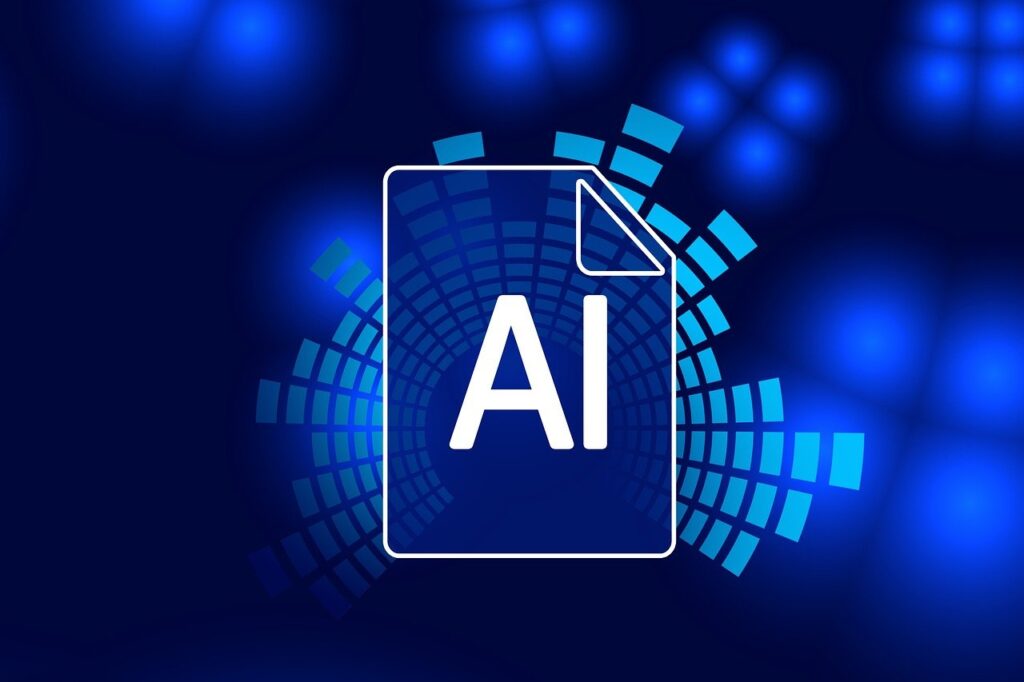Artificial Intelligence (AI) is rapidly transforming society, offering immense potential benefits. However, its development and deployment raise profound ethical questions that must be addressed to ensure AI is used responsibly and for the good of humanity.
Bias and Fairness in AI Algorithms
One of the most pressing ethical concerns surrounding AI is the potential for bias in algorithms. AI systems are trained on vast amounts of data, which can reflect societal biases and prejudices. If these biases are not adequately addressed, AI systems can perpetuate and even amplify discrimination in areas such as hiring, lending, and criminal justice.
For example, facial recognition systems have been shown to be less accurate for people of color, leading to wrongful arrests. To mitigate bias, it is essential to use diverse and representative datasets, develop rigorous testing methodologies, and implement ongoing monitoring and evaluation of AI systems.
AI and Privacy Concerns
The collection and use of personal data are crucial for training AI models. However, this raises significant privacy concerns. AI systems can gather and process vast amounts of information about individuals, creating opportunities for misuse and exploitation.
Data breaches, surveillance, and the potential for AI to be used for mass surveillance are among the key privacy challenges. To protect individual rights, it is essential to establish robust data protection regulations, ensure transparency in data collection and use, and empower individuals to control their personal information.
The Potential for AI Misuse and Malicious Use
The rapid advancement of AI technology also raises concerns about its potential for misuse and malicious use. Autonomous weapons, deepfakes, and cyberattacks are just some of the potential threats posed by AI.
To mitigate these risks, it is crucial to develop international norms and regulations for the development and use of AI, particularly in the realm of autonomous weapons. Additionally, investing in cybersecurity and developing robust defenses against AI-powered attacks is essential.
The Need for AI Ethics Guidelines and Regulations
To address the complex ethical challenges posed by AI, it is imperative to develop comprehensive AI ethics guidelines and regulations. These frameworks should provide clear principles for AI development and deployment, ensuring that AI is used responsibly and ethically.
Collaboration between governments, industry, academia, and civil society is essential to create effective AI governance. International cooperation is also crucial to establish global standards and prevent a race to the bottom in terms of AI ethics.
In conclusion, AI holds immense promise for improving human life, but it also presents significant ethical challenges. By addressing issues of bias, privacy, misuse, and developing robust ethical frameworks, we can harness the benefits of AI while mitigating its risks. A human-centric approach to AI development is essential to ensure that this powerful technology is used for the good of all.

